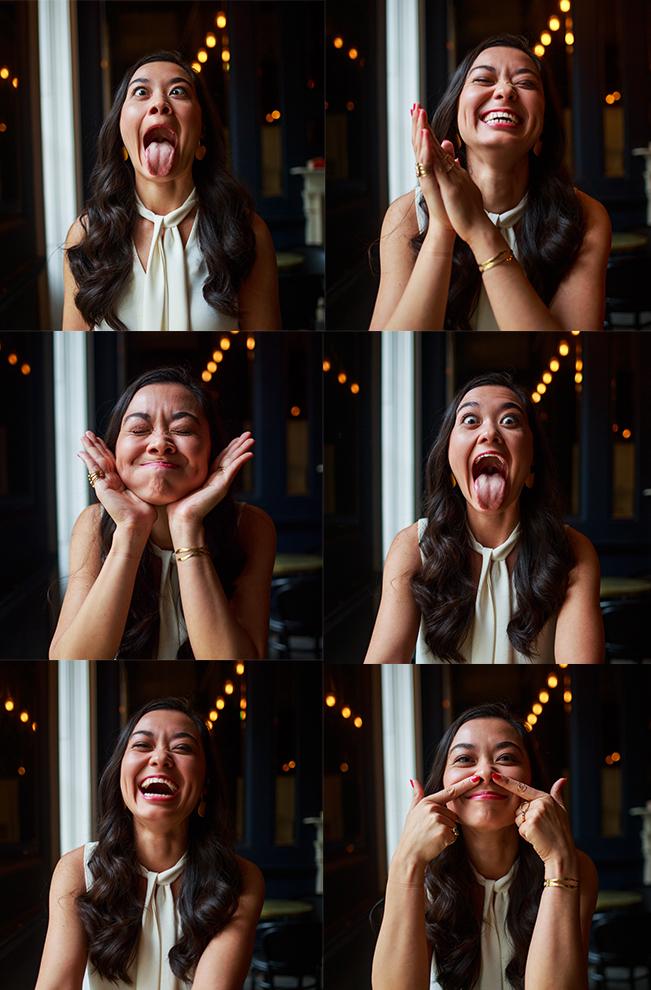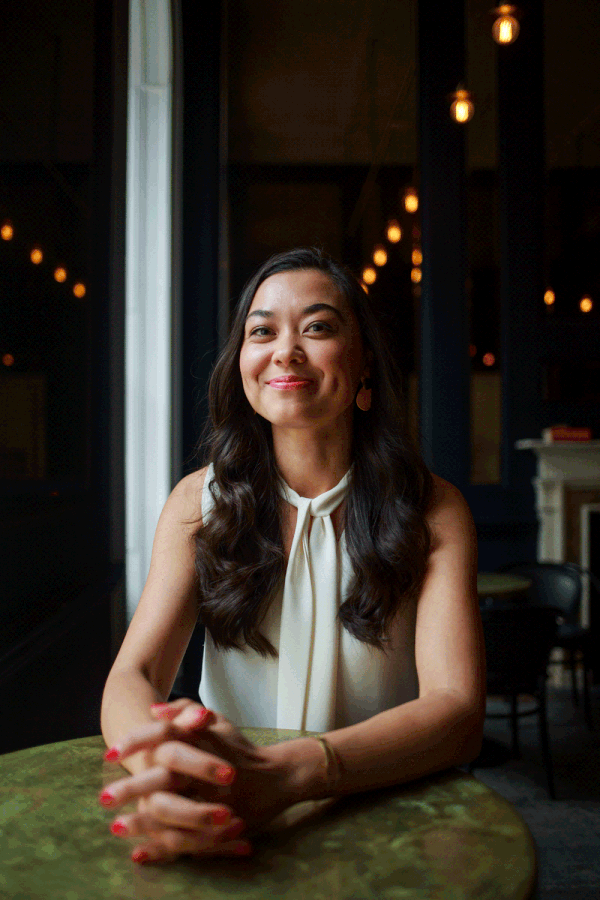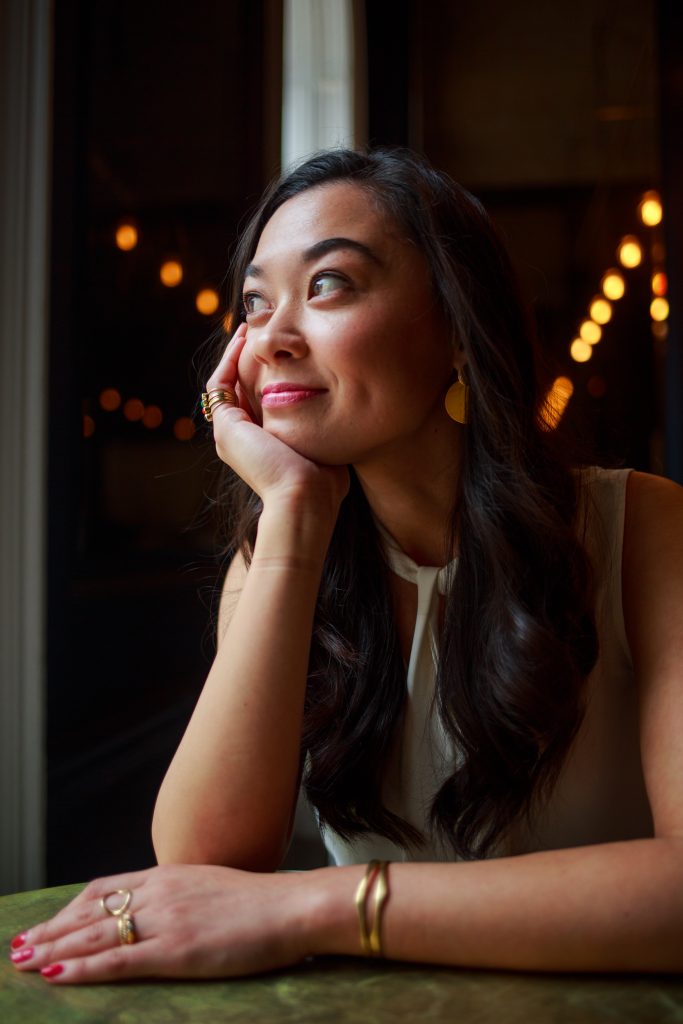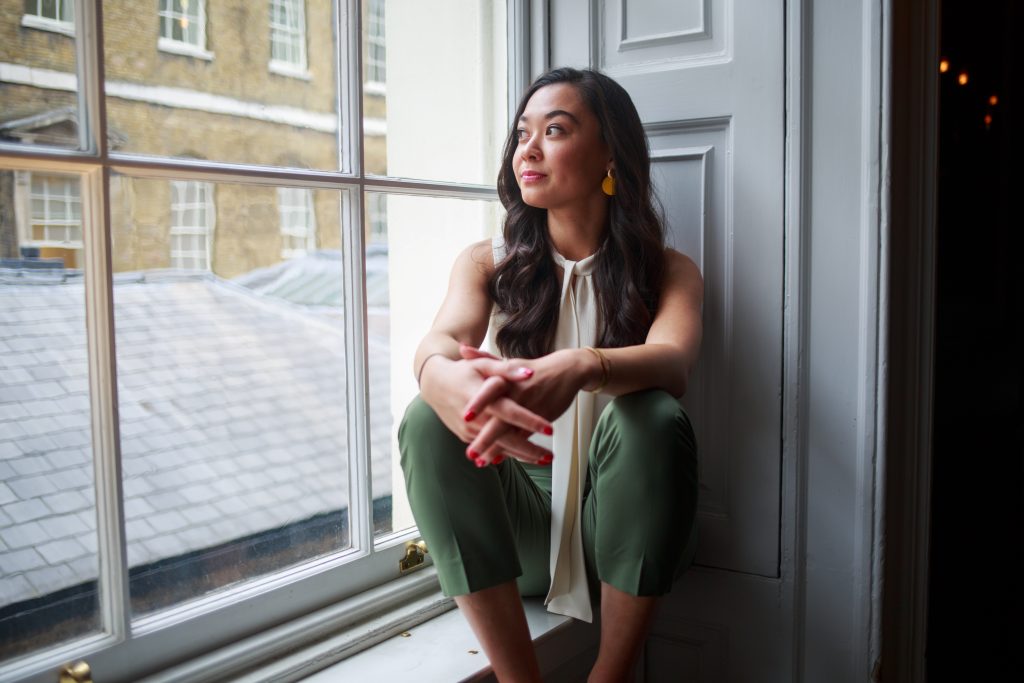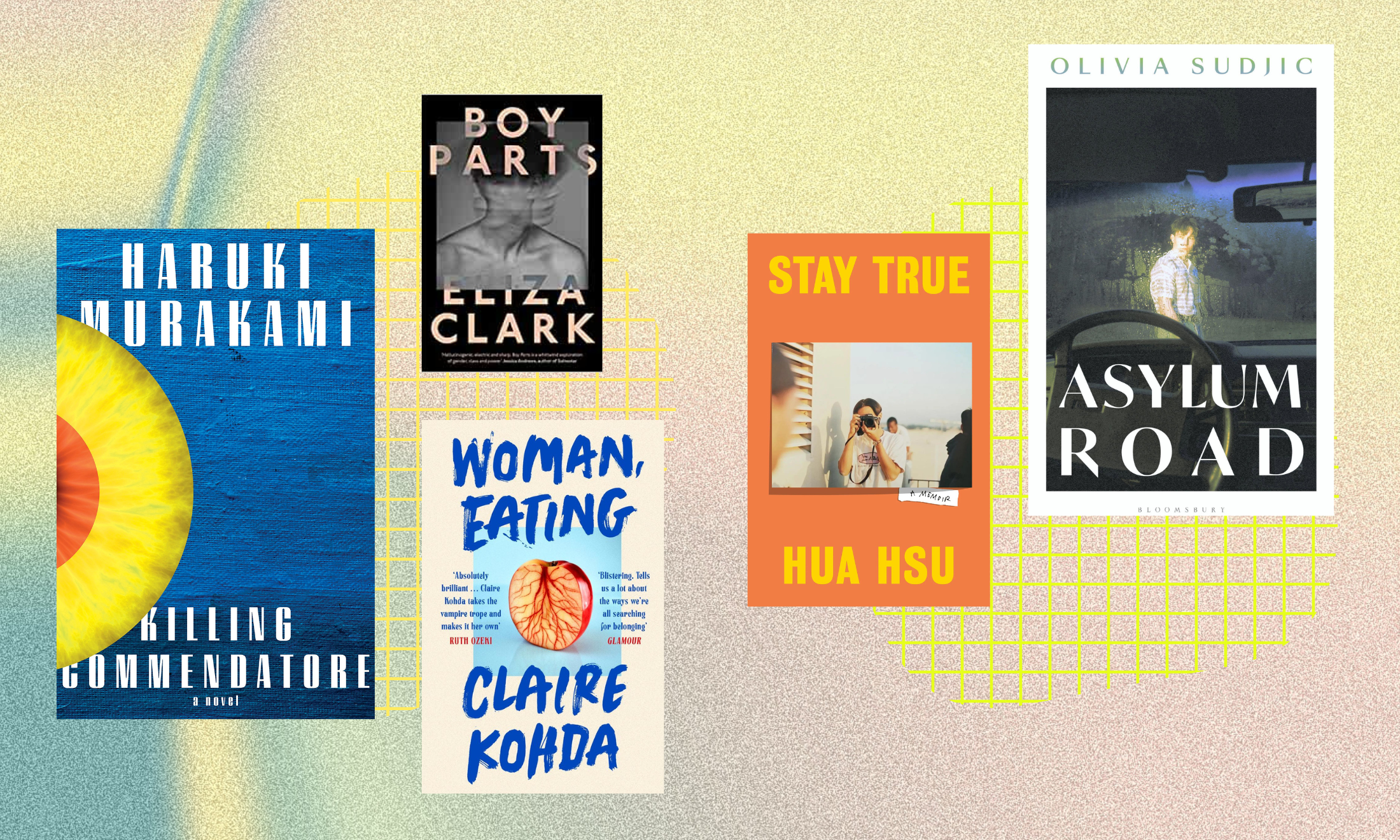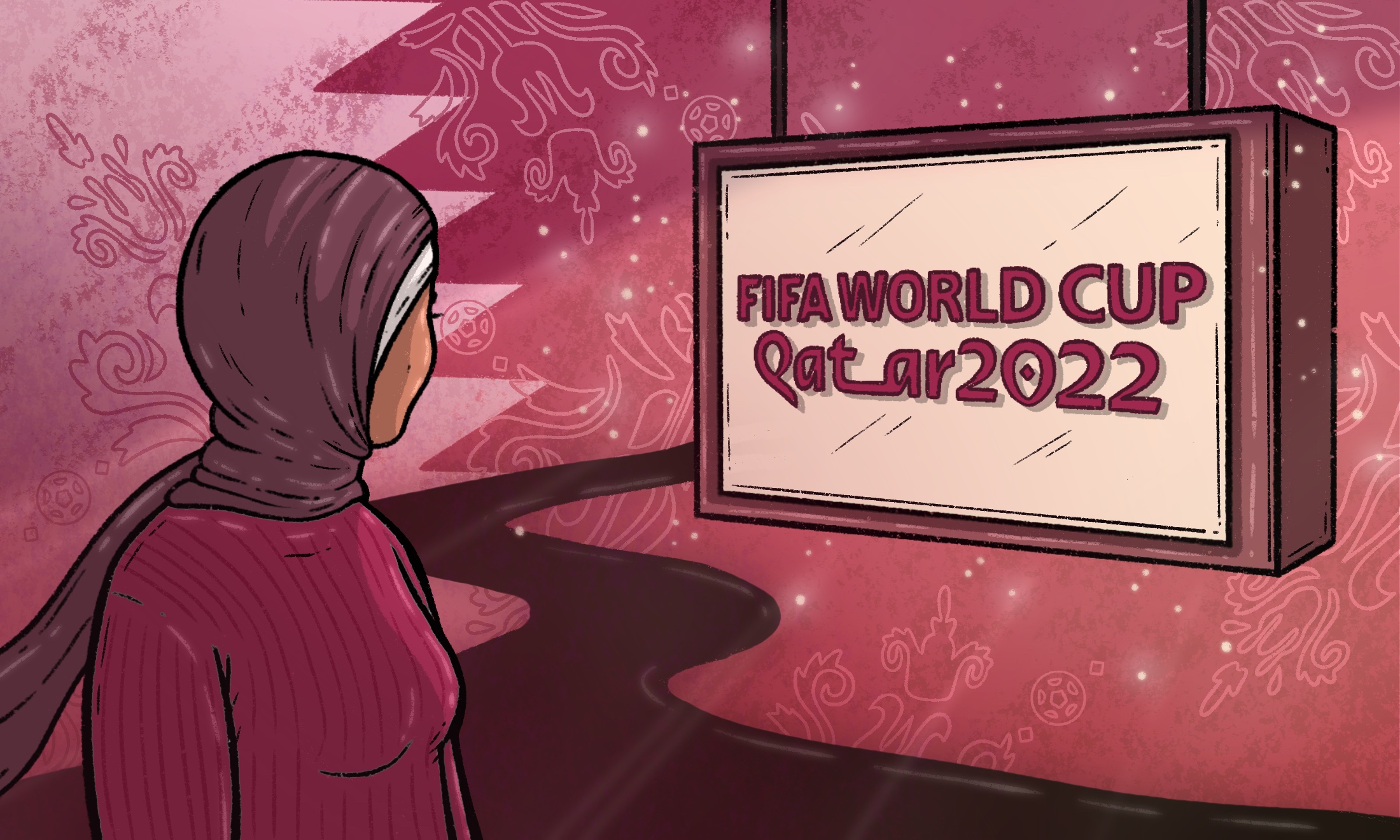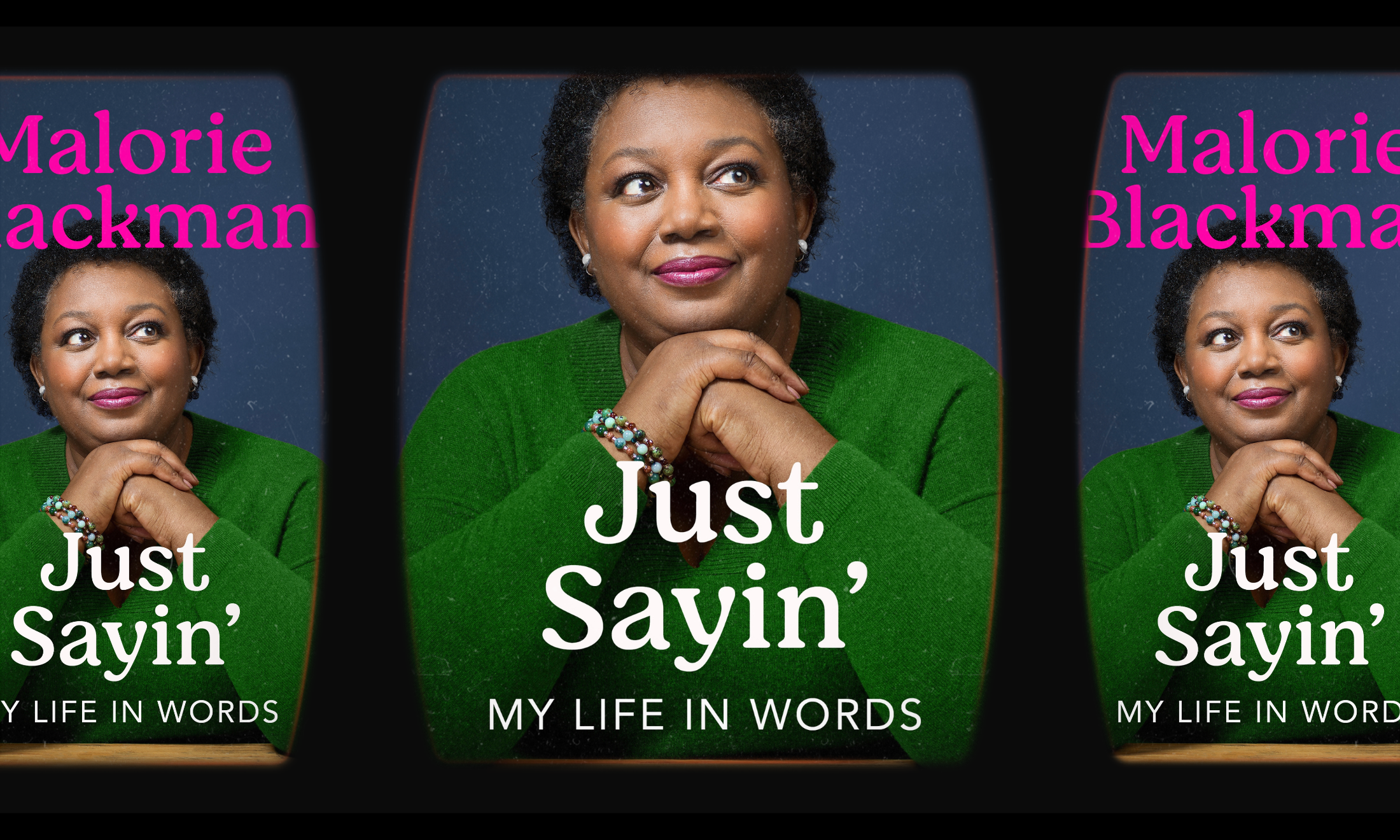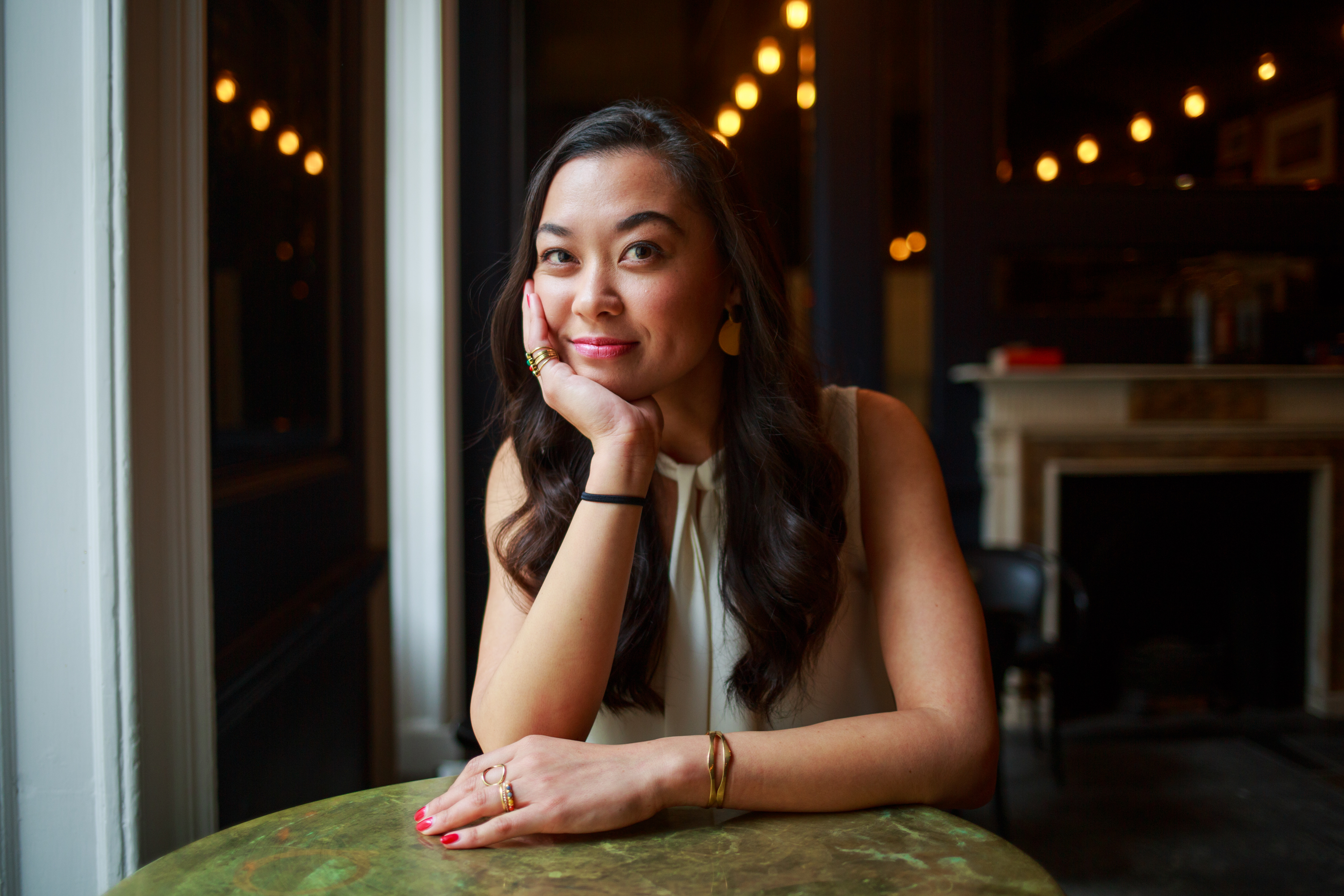
Photography by Kiran Gidda
Chanel Miller: ‘I’m the one who will have the final word’
After the Brock Turner trial fallout Chanel coped by dissociating from the unknown girl at the centre of the media storm. Know My Name lifts the lid on how she healed.
Ava Wong Davies
15 Oct 2019
“It’s all been surprisingly tranquil,” Chanel Miller says slowly, in sun-streaked corner of Somerset House, an arts centre in central London, as she considers how her life has changed in the past five weeks. “I didn’t realise how much energy I was spending keeping large portions of myself tucked away. I thought it was self-preservation when really, it was suffocating.”
You already know what happened. In 2015, a 22-year-old woman, known only as “Emily Doe,” was sexually assaulted at a Stanford University fraternity party by a 19-year-old man called Brock Turner. It should have been a clear-cut case – Brock was found by two eyewitnesses on top of the unconscious woman and attempted to run away before he was caught. But the media placed an undue amount of attention on Brock’s prowess as a swimmer, on his potential for Olympic greatness. The Washington Post referred to him as “squeaky clean” and “baby-faced” and he was sentenced to six months in jail. And then, Emily Doe’s excoriating, devastating victim impact statement was published on Buzzfeed and went viral, gathering millions of views. You’ve almost certainly read it. It inspired part of Hillary Clinton’s concession speech. It started a tectonic rumble which broke ground in the MeToo movement. And on 4 September 2019, almost five years after the assault, Chanel Miller revealed her identity.
Know My Name, Chanel’s memoir, is an extraordinary piece of writing – alternately tender and brutal, precise and expansive, wise and furious. It is Chanel’s personal account of her case, but it is also a ringing indictment of systemic injustice which puts unwarranted blame on the shoulders of victims. Chanel has a liquid-clear authorial voice which leaps fully-formed from the page – in person, she is warm and serene, softly-spoken and comfortably rooted. When we talk about her desire to write children’s books, she lights up, clasping her hands to her chest. “Oh my gosh. I just love that earnestness, that natural tenderness we have before we all turn into stinky adults.” As the photographer snaps pictures of her at a large bay window, she breaks into giggles. “I’ve never pulled faces for a photoshoot before,” she says posing. “They usually have to tell me to look more neutral.”
Throughout our conversation, she switches fluidly between “I” and “you” and “we”, seemingly unaware of her tendency to decentre herself, to place herself in context. “It’s our behaviour that’s blamed for igniting violence, when that is never the case,” she says at one point – the closest she gets to being heated. “We have all these movements and below the labels is a single thing: to live your daily life peacefully. Don’t hurt us. That’s all anyone is asking for.”
When I ask if she’s found it difficult to rehash details of her case on this press tour, she smiles. “I’m almost five years down the line of processing this,” she replies. “I’ve cycled through it so many times that it’s no longer being wrestled down inside me. It’s not something I’m still processing, like I was during the trial.” When talking about the trial and subsequent press coverage, she speaks with matter-of-factness: “It felt like you were an object for observation. People would come in and extract what they needed and leave you hollow, and you’d have to pick yourself up again.”
She goes on to talk about the prevalence of touch and non-verbal communication in Know My Name – the way it either left her empty or reinvigorated her throughout a gruelling trial. “On the night of my assault, my assailant had walked up to my sister and touched her lower back. To most people that might sound harmless, but to every woman –” she stops, restarts. “It registers on a gut level that there’s been a disturbance. It’s crazy to me how intense a violation has to be for someone to consider it violent. Like for me – it was digital penetration, so people would say, ‘Well, it’s not penile rape,’ like we hold this higher level of severity for one and not the other.” She takes a sip of water. “But on the opposite end, there’s this nourishing touch. I talk about my prosecutor’s hand in the centre of my back when I was reading my statement in court – how I was weighted onto the earth under the feel of her palm. It brings you back.”
“I’d draw little people farting on statements. I’d burn pages. I filled notebooks with huge letters to people. That rage was real and I had to let it be expressed”
Chanel Miller
Much of Know My Name focuses on the jagged split between Emily and Chanel, on the dissociative state Chanel entered as a coping mechanism in the weeks after the assault, and on the eventual reconciliation of these divided parts of the self. Chanel herself is mixed-race – her mother Chinese, her father American.
“What I’ll say is – it was empowering to see that my District Attorney was Irani-American, that the jury was incredibly diverse, that the people in the courtroom didn’t all look like older versions of my assailant.”
Does she feel that being Asian-American influenced the way she was seen by the court? “Asians are not perceived to be as vocal, or retaliatory. I think they perceived me to be quiet, all wrapped up, head down, giving way to crying repeatedly. They probably thought I would dissolve and go away easily. That there would be no ruckus.” And a small smile flickers over her face.
Even if Know My Name required re-immersing herself into a deeply traumatic period, there has been an undoubtedly reparative element to the process. “I’m the one who will have the final word,” she says firmly. “Going to sleep at night knowing that was what allowed me to return to that period.” She talks at length about the writing process, printing thousands of pages of court transcripts and poring over them, unpicking insidious techniques cloaked in legal jargon.
Chanel’s writing has an offhand precision and is acutely observational – the area she grew up in, Palo Alto, is a place “lined with magnolia trees full of creamy blossoms,” where “everybody has degrees and everybody recycles.” She cites Miranda July as an influence on her writing: “I love any book that values daily life and the tiny occurrences within it. It’s little details which taught me how to pay attention to your environment. There are visual cues in an environment like the courtroom which make you feel like you must have done something wrong.”
As such, Know My Name’s depiction of the trial is gruelling, full of grey faces and sharp edges: the “cube faced, white haired, black suited” defence attorney “sliced off my sentences…teaching me to be afraid of speaking freely.” Chanel is belittled constantly, reduced to a drunken, unreliable party girl. It’s devastating and infuriating to read. She tells me about annotating the documents, giving people crude nicknames, swearing on the page. “I’d draw little people farting on statements. I’d burn pages. I filled notebooks with huge letters to people. That rage was real and I had to let it be expressed.”
Her rage also makes itself known through a coolly sarcastic timbre as she writes “If a victim speaks but no-one acknowledges her, does she make a sound?”. She consistently emphasises the need for humour: “So much of what was happening in the courtroom was ridiculous, and it would’ve been funny had it not been brutal. It’s terrifying, but you’re going to be swallowed into that darkness if you can’t find something to alleviate that total awfulness.”
She continues: “On the stand, I was being plunged and dunked relentlessly, beyond my control. In writing, I was feeling the same emotions but I was choosing to submerge. That completely changes the way you process things.”
“Asians are not perceived to be as vocal, or retaliatory. They probably thought I would dissolve and go away easily. That there would be no ruckus”
Chanel Miller
It’s clear in the way that Chanel talks about writing that Know My Name was not written to prove herself to anyone, but instead to provide a personal catharsis for Chanel as well as reaching out to other survivors. “Words keep us connected, they keep us from drowning,” she says. “They’re ways of saying help, thank you, I love you. I feel like everything I write falls into one of those categories.”
And that word, “empowering,” so often slapped meaninglessly onto victims, papering over the nuances of the recovery process – what does she think about it now being applied to her? “I’ll accept the word empowering only in the context of it meaning that I’ll cry when I want to cry and I won’t hide when I’m not doing well. That to me is empowering. As you continue to process your trauma, you can’t ever think that you’re backsliding. Getting swept up in those emotions again and again doesn’t mean that you’re falling behind. You have to give yourself credit for each time you re-emerge.”
The final third of Know My Name expands its scope, placing Chanel’s own case within the context of other cases of systemic injustice – from Larry Nassar to Donald Trump – times when the system, more often than not, protected the abuser and not the victim. “So much of the fear goes beyond the initial violation,” she says. “It’s the idea of ‘I know that if this happens to me that I won’t be believed, I won’t be protected.” It’s a second level of terror.”
Chanel talks about the need for structural changes with a remarkable generosity. “The thing I’ve learned is that we all want that overnight fix, but you can be adamant and demanding, and also patient,” she says. “You’ll succumb if you feel like you haven’t won the battle yet. But it’s not for nothing. Even though my assailant’s sentencing was small, something happened, right? We’re inching forward, and each little inch matters.”
Know My Name, published by Penguin Random House, is out now

